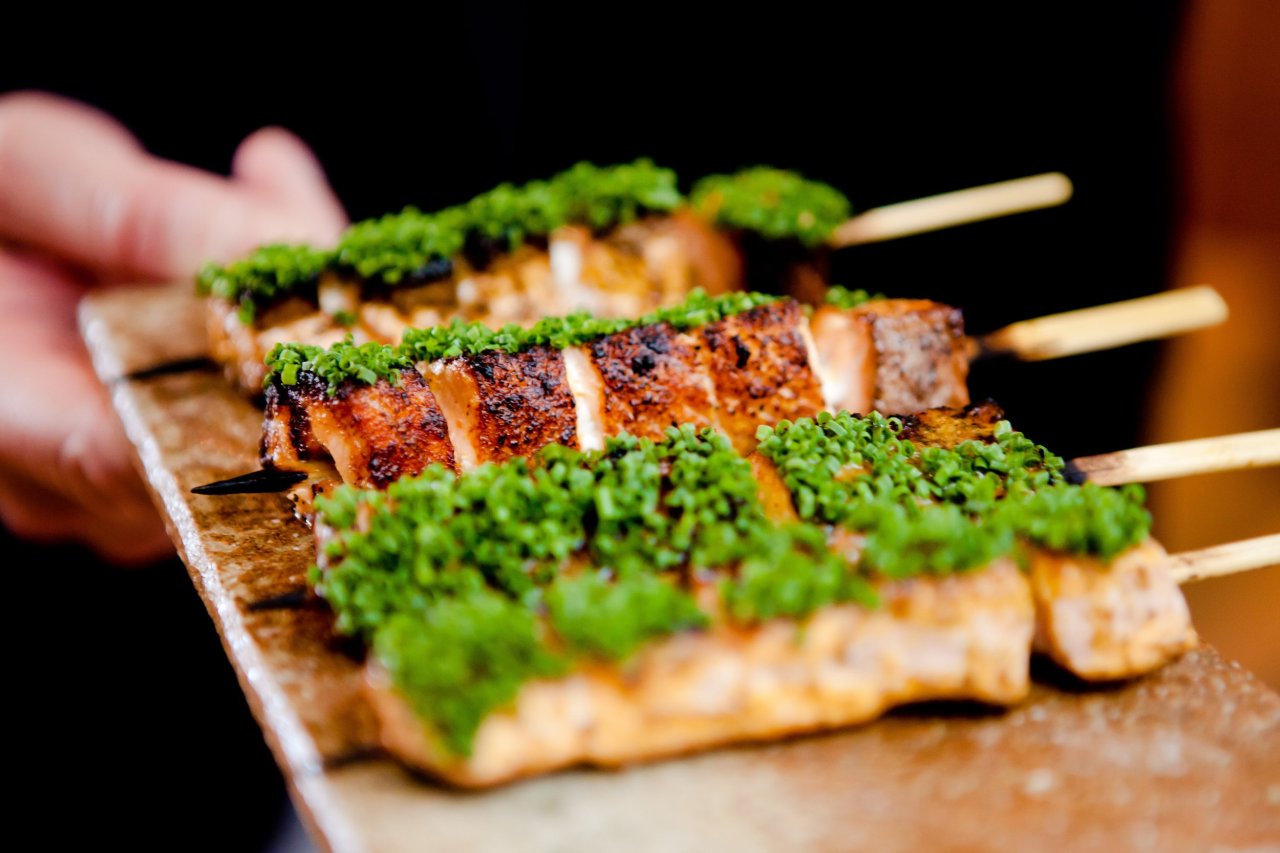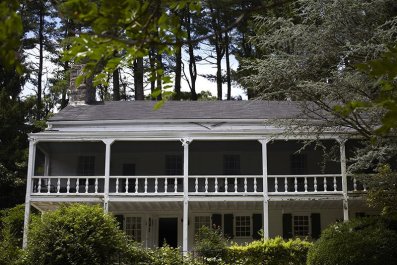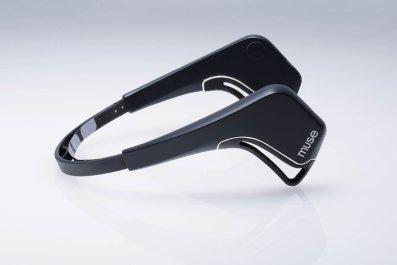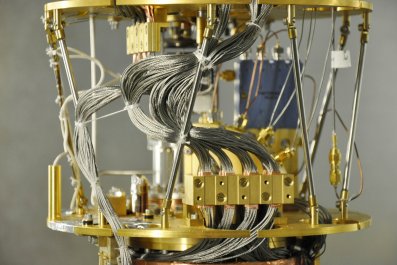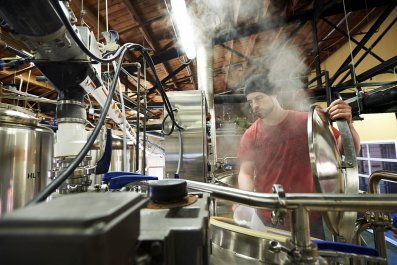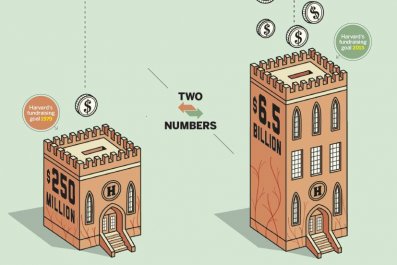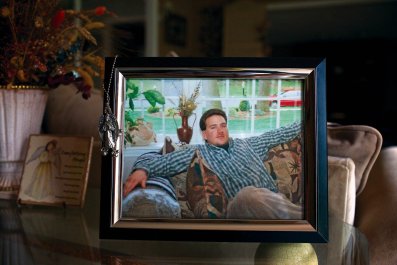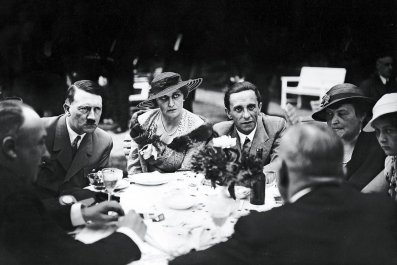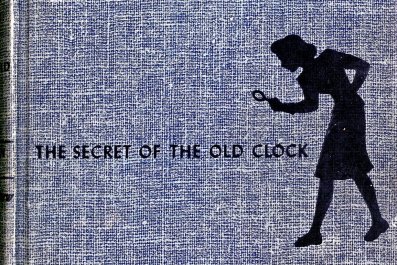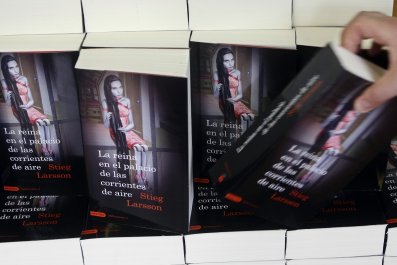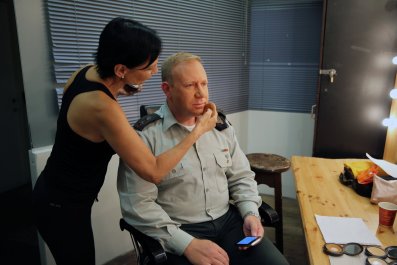For some time, London has been the hottest destination for international restaurateurs to launch ventures – New Yorker André Balazs and his Chiltern Firehouse is just the latest in a long line of contenders. Daniel Boulud, Alain Ducasse, Wolfgang Puck and Joël Robuchon have all entered the fray with varying levels of culinary excellence and also succeeded in establishing themselves in this fiercest of competitive environments.
There are plenty of local restaurateurs with international reputations too, such as rag trade to riches Richard Caring and the Wolseley-owning duo of Jeremy King and Chris Corbin, but perhaps the most highly regarded of all is a
publicity-shy septuagenarian Indian called Arjun Waney. Ask any of the best-known restaurateurs about Arjun Waney and they all agree. Anthony Demetre, a Michelin-starred chef who owns a number of London restaurants, says: "I like every single one of his restaurants – Arjun does nothing by halves and spends a lot of money on them but he gets it right. He has taught us all a valuable lesson in the way he reinvents his restaurants too."
In the private restaurant of his latest venture – the Arts Club in Mayfair – Waney speaks about the launch of another venture La Petite Maison, which will open in Istanbul, where there is already a branch of Zuma, his flagship restaurant in London.
Short and bespectacled, Waney looks every inch the successful entrepreneur. "I have had at least 10 offers to buy the Arts Club, because of Gwyneth Paltrow being a partner here," he says.
Born in Karachi, now in Pakistan, his family fled during India's Partition in 1947, leaving behind their shipbuilding business and ending up in Bombay in what Waney calls "the lower-end of the financial spectrum, even in those days". With financial assistance from an American journalist, Waney went to Berkeley in California, where he gained a business degree before starting a string of highly successful household import businesses, which ultimately became the successful home furnishing business Pier 1.
By the 1970s, he had more money than he knew what to do with. He decided to change his life. "Around 2000, I was tired of simply making money like this and wanted to devote myself to something I could put my hands on, which is why I ventured into the restaurant business."
The inspiration was borne from Waney's frustration at never being able to get a table at Nobu, which was then the most fashionable Japanese-inspired restaurant in London's Mayfair. "I realised that every time I called up Nobu, they were always full and wouldn't give me a reservation. So I said to the girl, don't worry, I will open my own Japanese restaurant. One day, I was having a haircut at a hotel and mentioned to the hairdresser I wanted to start a Japanese-inspired restaurant. Shortly after this, I got a call from him saying that Rainer Becker, the chef at the Carlton Hotel Grill also wanted to start a Japanese restaurant, and that's how our partnership began.
Zuma quickly became the alternative Japanese experience for oligarchs and celebrities and has remained so for more than a decade. It has nothing to do with the president of South Africa or, for that matter, with Malibu's Zuma Beach (although the latter is the inspiration for the name). Rather, it is a stylish version of Izakaya cuisine, which is the equivalent of Japanese pub food. The bold and straightforward flavours of the colourful dishes, such as whole native lobster tempura with spicy sauce or seared miso-marinaded foie gras, serves hundreds of people daily and makes millions annually.
The New York Zuma will be the eighth, with others in Hong Kong, Dubai, Bangkok, Miami and Abu Dhabi. Recently, Waney sold a 50.01% share of Zuma Restaurants to a Turkish bank, but maintains majority control through the management contract. The price was undisclosed but it is believed by industry sources to run into tens of millions.
In little more than a decade, Waney has not only created a handful of the most fashionable (and profitable) places in London – Zuma, Petite Maison, Coya and the Arts Club – he is expanding all over the globe.
Four years after Zuma, Waney branched out into a restaurant focusing on French Provençale cuisine, with which Rainer Becker has no financial involvement. "I have a beautiful home in Cap Ferrat and one day I went to La Petite Maison in Nice for dinner. I said to the owner, I will take the world rights and give you €25,000 for every restaurant that I open. They were stupid enough to sign the contract to give me the world rights for that price. They should have said they wanted a percentage of the sales but they didn't!"
The French proprietor must rue the day she made that deal; La Petite Maison, Dubai, is arguably one of the most profitable restaurants on the planet. "It has a return on investment) of 44%, which is unheard of in the restaurant industry," he says.
Waney brought back one of the Zuma chefs from Japan to run the Arts Club restaurant. Sales have doubled since he has come. Not content with making millions from the Zuma and La Petite Maison brands, he has also opened a new Peruvian restaurant in Mayfair called Coya, named by the Zagat Guide as one of the ten coolest restaurants on earth in 2012.
Waney has a deliberate hands-off approach to running his restaurant empire, which now has a turnover approaching £200m annually. He has never actually been to any of his Hong Kong restaurants.
"However, I am totally alert when it comes to numbers, food quality and service. If anybody gets bad service and I get a complaint in my house, woe betide. I am really tough on that. Food is very important in a club, especially if you pay £3,500 membership fees and you don't even get a free glass of bloody water for that."



